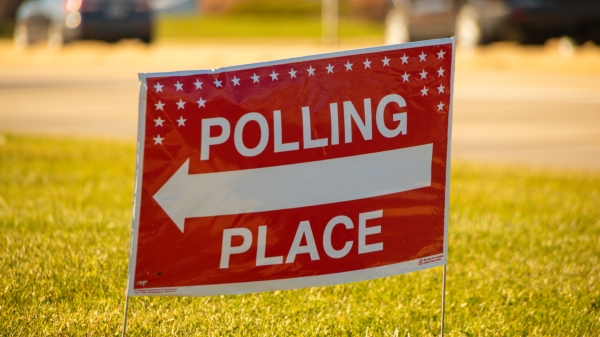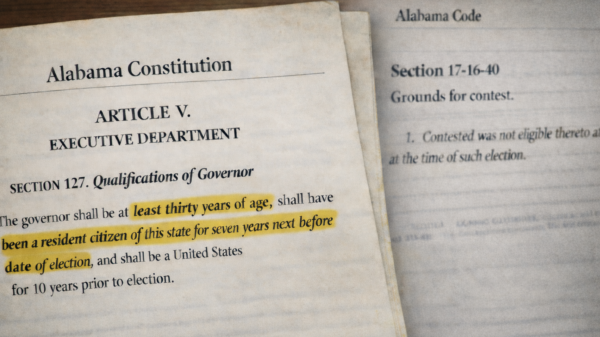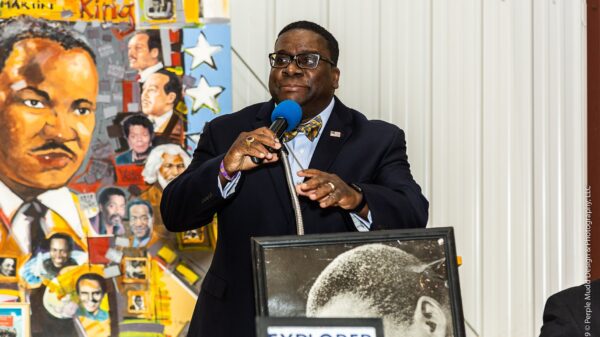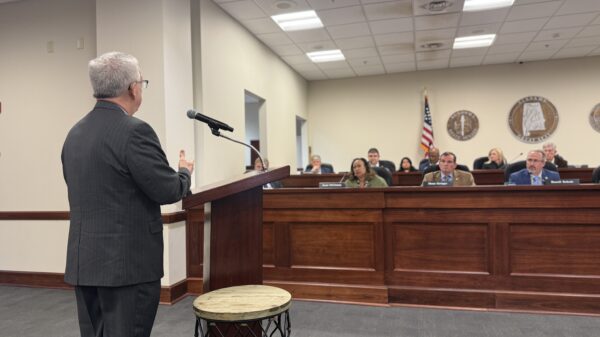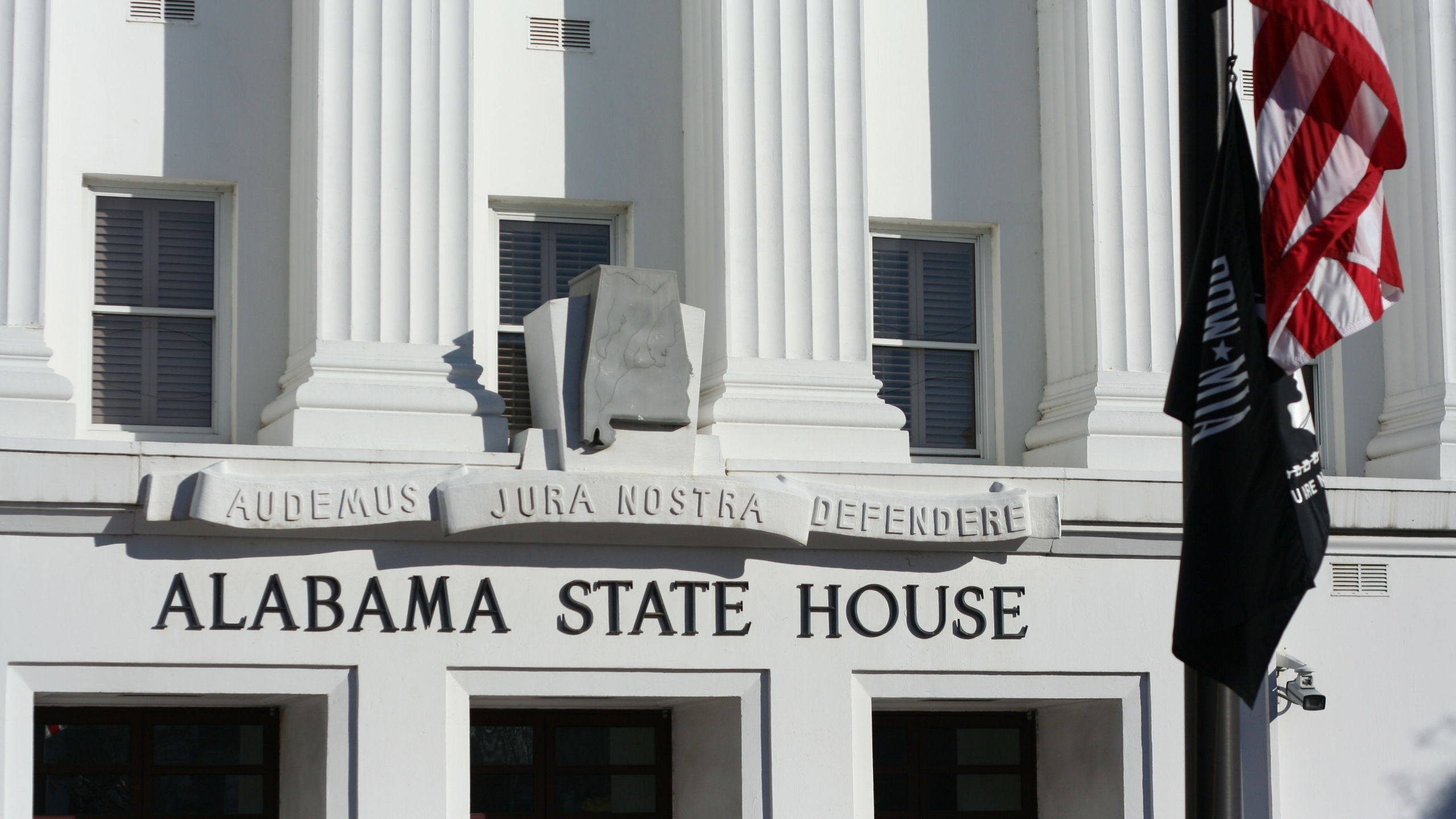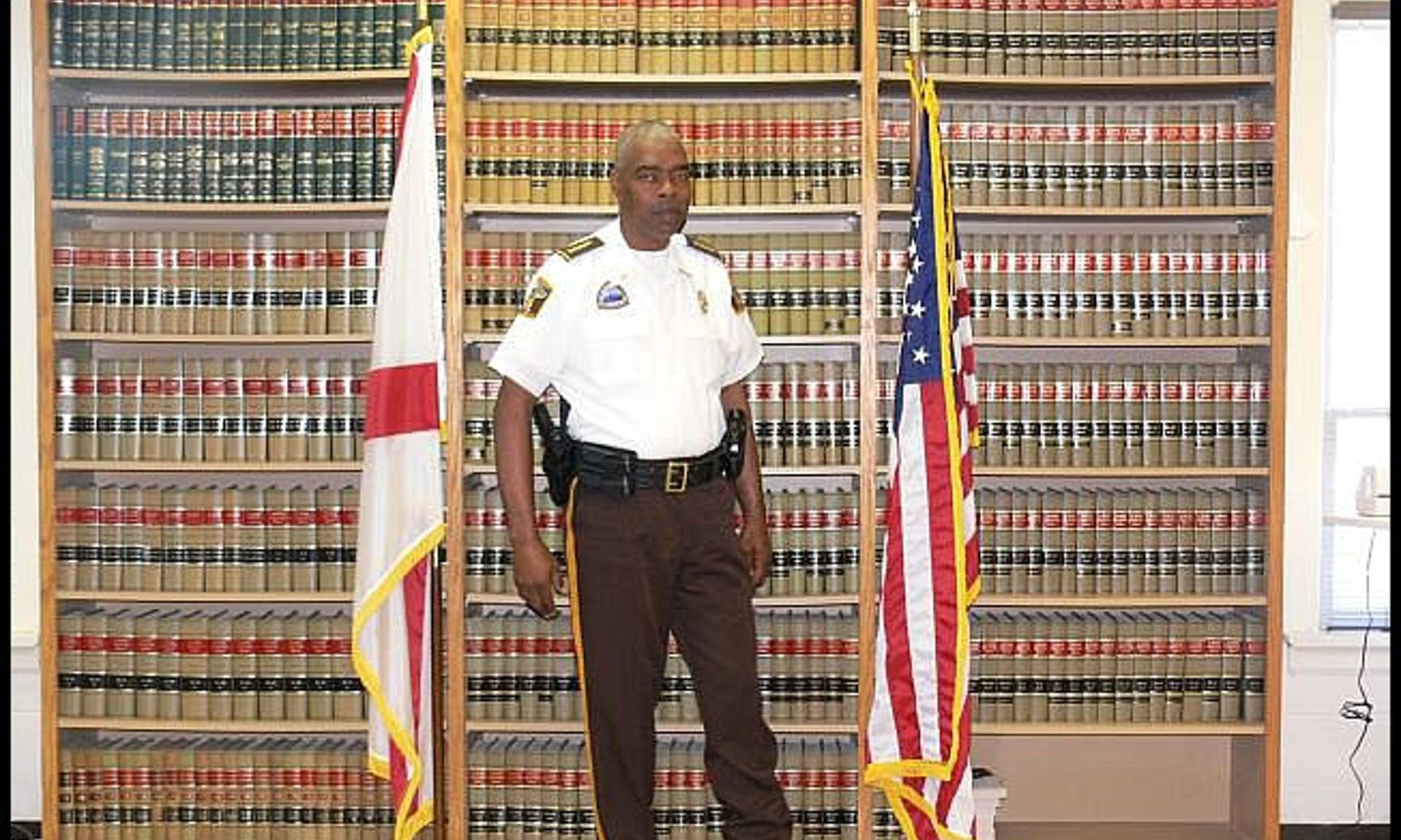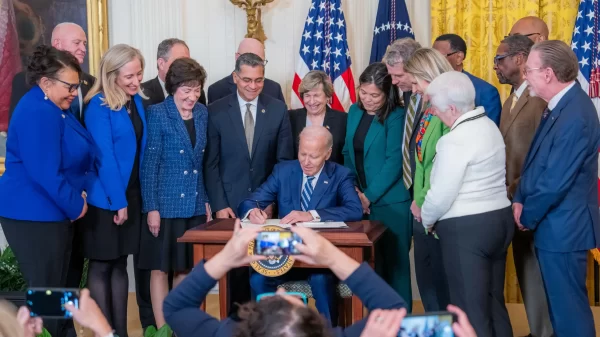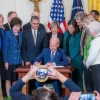The Joint Legislative Committee on the American Rescue Plan Act met in Montgomery this Tuesday to review federal relief spending over the last year as state policymakers prepare to decide on where to spend a second billion-dollar allocation of federal funds.
$2.12 billion in total has been allocated to the state since U.S. President Joe Biden signed the American Rescue Plan Act of 2021 into law. The funds were split over two separate tranches equally $1.06 billion a piece, with the first tranche received in June of 2021, then distributed during a special session in January 2022.
Alabama Department of Finance Director Bill Poole said on Tuesday that the state had yet to receive a single negative audit finding on any relief spending from the first round of funds.
“The state of Alabama has received no negative audit findings at this point on any ARPA funds,” Pool said. “Those funds were administered very quickly and very efficiently through the department of finance to the receiving entity and out to field.”
Poole also mentioned the total administrative cost of the distribution is believed to be held below 1 percent of total funds.
“We believe we’ve outperformed potentially any state in the union in terms of that administrative cost limitation,” Poole said.
Approximately 25 percent of the federal funds received in the first tranche, exactly $400 million, were put towards the construction of new state prison facilities in Elmore and Escambia Counties. Those funds came from the State and Local Fiscal Recovery Funds within ARPA that were meant to be used to supplement lost revenue during the pandemic and were approved for use by the state legislature in 2021.
The U.S. Treasury Department did not block the move to use pandemic relief funds, but said that the department did not consider prison construction one of the eligible uses of the state’s funds for lost revenue.
Poole mentioned in the meeting on Tuesday that the state would have been unable to finance the construction plan without federal funds.
The remainder of funds from the first allocation went towards broadband, health care, sewage, and water treatment programs, as decided by the legislature at the beginning of 2022.
Kirk Fulford, Deputy Director of the Legislative Services Agency Fiscal Division, said that the second tranche of federal relief funds would not include funds for revenue loss, as it was determined that the state did not lose revenue in the time since they’ve last measured.
Fulford also outlined permitted areas for the second tranche of federal funds, which include furthering the state’s response to pandemic, assisting workers and families who’ve suffered economically due to the pandemic, and investments in water, sewer, and broadband infrastructure.
The use of relief funds to offset a reduction in net tax revenue, payments to satisfy settlements or judgments, and extraordinary payments into pension funds are all prohibited under the rules for the second tranche of federal monies.
The Alabama Department of Economic and Community Affairs received approximately $276.8 million cumulatively in federal funds for the expansion and improvement of broadband connectivity across the state, with $85 directed to the department’s Middle Mile program.
Over the next three years, the program is expected to connect almost 3,000 miles of existing and new fiber infrastructure, according to a representative from ADECA at the meeting on Tuesday.
After questions by State Rep. Brett Easterbrook, R-Fruitdale, the ADECA representative estimated that between 30 or 40 percent of households who are not connected currently to broadband would still be without internet connection at the completion of broadband expansion.
ADECA Director Kenneth W. Boswell said that at the completion of the Alabama Broadband Accessibly fund, 44,000 households would be connected to broadband, with roughly 22,000 connected thus far.
State Sen. Chris Elliott, R-Daphne, asked about the potential use of satellite internet like Starlink as a way to possibly reduce the per-home connected cost.
“We are looking at all potential options at this particular point,” Boswell said in reply to Elliott’s questions.
During a presentation by the Alabama Department of Environmental Management, Sen. Elliott again spoke about how his district had yet to receive any federal relief funds for infrastructure projects related to plants and systems.
State Senate District 32, which is Elliott’s home district, covers the eastern shore of Baldwin County to the Florida border and includes the town of Foley and Gulf Shores. Baldwin County as a whole as experienced immense increases in population over the last decade and represents the fastest-growing county in the state.
“I remain very concerned about it,” Elliott said. “I may very well end up taking the posture, as I’ve watched my colleague from Greene County do, and spend a lot of time on the floor if were going to continue to spend money not only in places that need it financially, but that are seeing huge infrastructure needs.”
ADEM Director Lance LeFleur said that the U.S. Treasury has “specific limits on what these funds” may be used for going forward.
“Past growth is available for funding; future growth is not available for funding,” LeFleur said. “All systems are free to submit projects based on past growth.”
Elliot said that his district experiences sewage overflows into Mobile Bay and the surrounding rivers and streams and that the assertion that his district hasn’t been participating in federal funding applications is “untenable.”
“I would simply say that not allocating any resources in my district is short-sighted,” Elliott said.
Alabama Governor Kay Ivey is expected to announce a special session to approve the usage of the federal relief funds during her State of the State address on the evening of March. 7.


